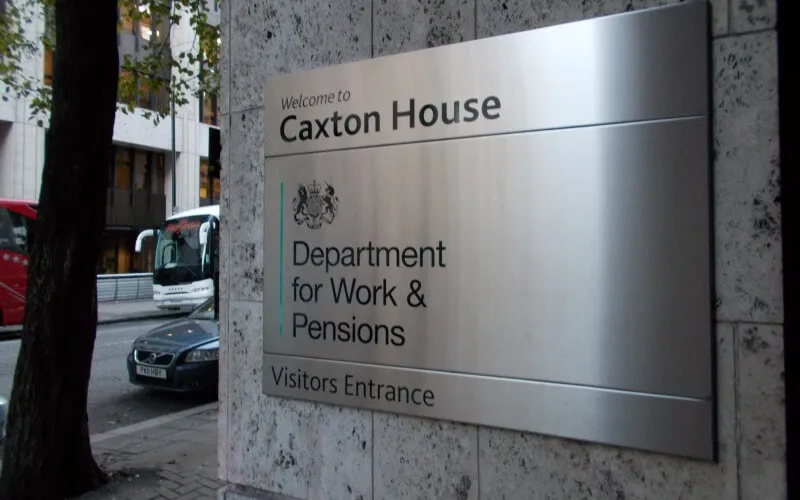The Department for Work and Pensions (DWP) is refusing to release up to 30 redacted reports into the deaths of benefit claimants, despite being told to do so by the information commissioner.
Following the commissioner’s decision, ministers have appealed to the information rights tribunal to try to prevent the internal process reviews (IPRs) being released to Disability News Service (DNS).
The IPRs will show recommendations made by DWP’s own civil servants – in secret reports completed between April 2019 and September 2020 – on how to improve safety and reduce the number of suicides and other deaths of disabled people claiming benefits.
The DNS bid to secure the information was made in September 2020, but DWP has been resisting its release for more than two years.
It argues that releasing the reports would interfere with the formation or development of government policy.
DNS has argued that releasing the recommendations made by the internal process reviews (IPRs) – previously known as peer reviews – is vital in ensuring DWP can be held to account for how it has responded to deaths linked to the social security system.
The information commissioner decided in October that DWP had “failed to consider the strong public interest in the timely understanding, and scrutiny of, the recommendations made in the IPRs” and that releasing them would “allow scrutiny of whether the actions taken were sufficient or timely enough to prevent the harm identified occurring again”.
The commissioner said he had decided there was “a strong public interest in understanding DWP’s approach to preventing future errors and safeguarding issues”.
The decision should have meant that ministers released between 20 and 30 IPRs that were completed between March 2019 and September 2020 and have until now been kept secret.
But DWP has appealed against the information commissioner’s decision.
The case will be heard later this year by the information rights tribunal.
John Pring, editor of DNS, has joined the case, which will allow him to make representations to the tribunal and respond to evidence submitted by DWP.
A spokesperson for DWP said it could not comment because of the ongoing legal action.
It is the latest episode of a near decade-long battle by DNS to force DWP to release information about deaths linked to flaws in the benefits system.
The tribunal previously ruled in 2016 that redacted versions of reviews carried out between 2012 and 2014 should be released.
But in recent years, particularly under the last work and pensions secretary, Therese Coffey, the department has tried to rely on exemptions contained within the Freedom of Information Act to prevent the release of further reviews.
The reviews that have been released have revealed key safety failings by the department.
The first batch of reviews, when they were eventually released in 2016 after a 21-month legal battle, showed that at least 13 reports had explicitly raised concerns about the way that “vulnerable” benefit claimants were being treated by DWP.
Another review obtained by DNS, in 2018, helped show how DWP had been forced to soften the “threatening” tone of the agreement that universal credit claimants must sign to receive their benefits.
And in December 2020, another freedom of information request allowed DNS to show that DWP staff had had to be repeatedly reminded what to do when claimants said they may take their own lives, following reviews into as many as six suicides.
Those reviews suggested that a series of suicides between 2014 and 2019 were linked to the failure of DWP staff to follow basic rules that had been introduced in 2009.
A note from the editor:
Please consider making a voluntary financial contribution to support the work of DNS and allow it to continue producing independent, carefully-researched news stories that focus on the lives and rights of disabled people and their user-led organisations.
Please do not contribute if you cannot afford to do so, and please note that DNS is not a charity. It is run and owned by disabled journalist John Pring and has been from its launch in April 2009.
Thank you for anything you can do to support the work of DNS…

 Government ignores warnings of new DWP deaths, and UN intervention, as MPs pass universal credit cuts bill
Government ignores warnings of new DWP deaths, and UN intervention, as MPs pass universal credit cuts bill Urgent letter from UN to Labour government warns: We think your cuts continue Tory attack on disability rights
Urgent letter from UN to Labour government warns: We think your cuts continue Tory attack on disability rights Race against time to secure DWP deaths evidence before parliament passes new benefit cuts bill
Race against time to secure DWP deaths evidence before parliament passes new benefit cuts bill